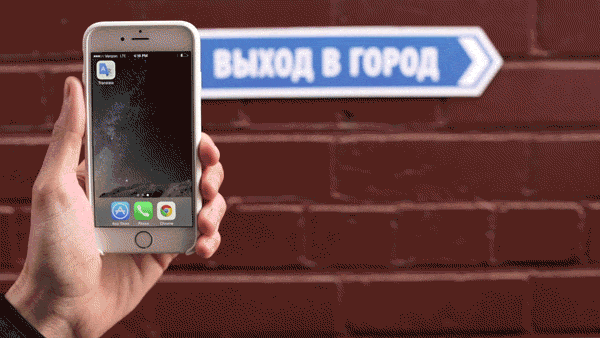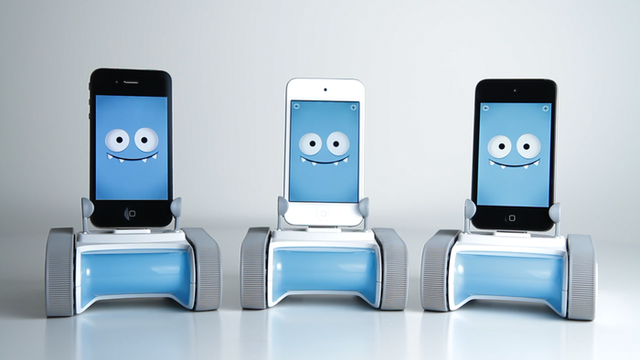Living room TV is 'making a comeback', says Ofcom
It is like the Fragmentalism and Unification question. It is said in the article UK families are more likely to watch TV together now than they have been in over a decade. Family members are being brought together just as they were in the 1950s when a TV was likely to be a home's only screen. Yes, it's pretty sure that in nowadays the family member will sit together in the living room in many families. But this kind of situation can really be a proof to demonstrate that the family is unified? For some part, I don't think so, and it's a kind of fragmentalism. It is also mentioned in the article that many people is the tv multi-tasked audience which means that many people, especially the young person, use the smartphone to chat and tweet while watching the tv programme. They sit together, that's for sure, but in the spiritual level I don't think the family member is unified. For instance, I will sit with my parents in the living room with the television on, however, not only me, but also my parents use our digital devices to chat or play games. We may talk about some thing, but concentrate on own world. The model is called by us as 'spending time with family' in present day, just siting no interaction. No matter how this may be a good beginning to start our interacting relationship, and the living room TV bring us together physically, in a way.
Besides, from the research, we can see that people is much more rely on digital devices, such as smartphones and tablets. It is said that the number of digital devices we use is rapidly increasing, while the quantity of television we own is steadily decreasing. Some mother use the tablet to entertain their babies, when they get something to do. The small tv in teenagers' room is replaced by a iPad or other digital devices. In the present world, we can do every thing on the smartphone or the tablet, and we called today as 'digital era/generation'. In this trend, the television may be replaced in the future as the radio replaced by tv.











